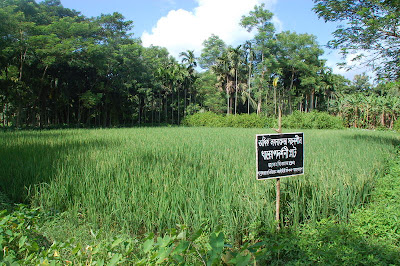CALL FOR APPLICATIONS
------------------------------
DEADLINE: 31 MARCH 2011------------------------------
The Climate Change and African Political Stability (CCAPS) program at the LBJ School of Public Affairs at the University of Texas at Austin will offer up to three pre-doctoral fellowships for the 2011-2012 academic year. The CCAPS pre-doctoral fellowship program aims to stimulate the development of the next generation of researchers and thought leaders on the topic of climate change and political stability in Africa.
ELIGIBILITY: Pre-doctoral fellowships are available to advanced PhD students, with preference given to those who have made substantial progress towards the completion of their dissertation. U.S. and international PhD students are encouraged to apply.
CCAPS will consider applicants working on a broad range of topics related to climate change, political stability, and security in Africa. Suitable topics may include, but are not limited to: climate change vulnerability in Africa; potential impacts of climate change on political stability or security in Africa; and strategies for addressing climate change challenges in Africa.
The call for applications and information about the fellowship and application guidelines are available at: http://ccaps.strausscenter.






